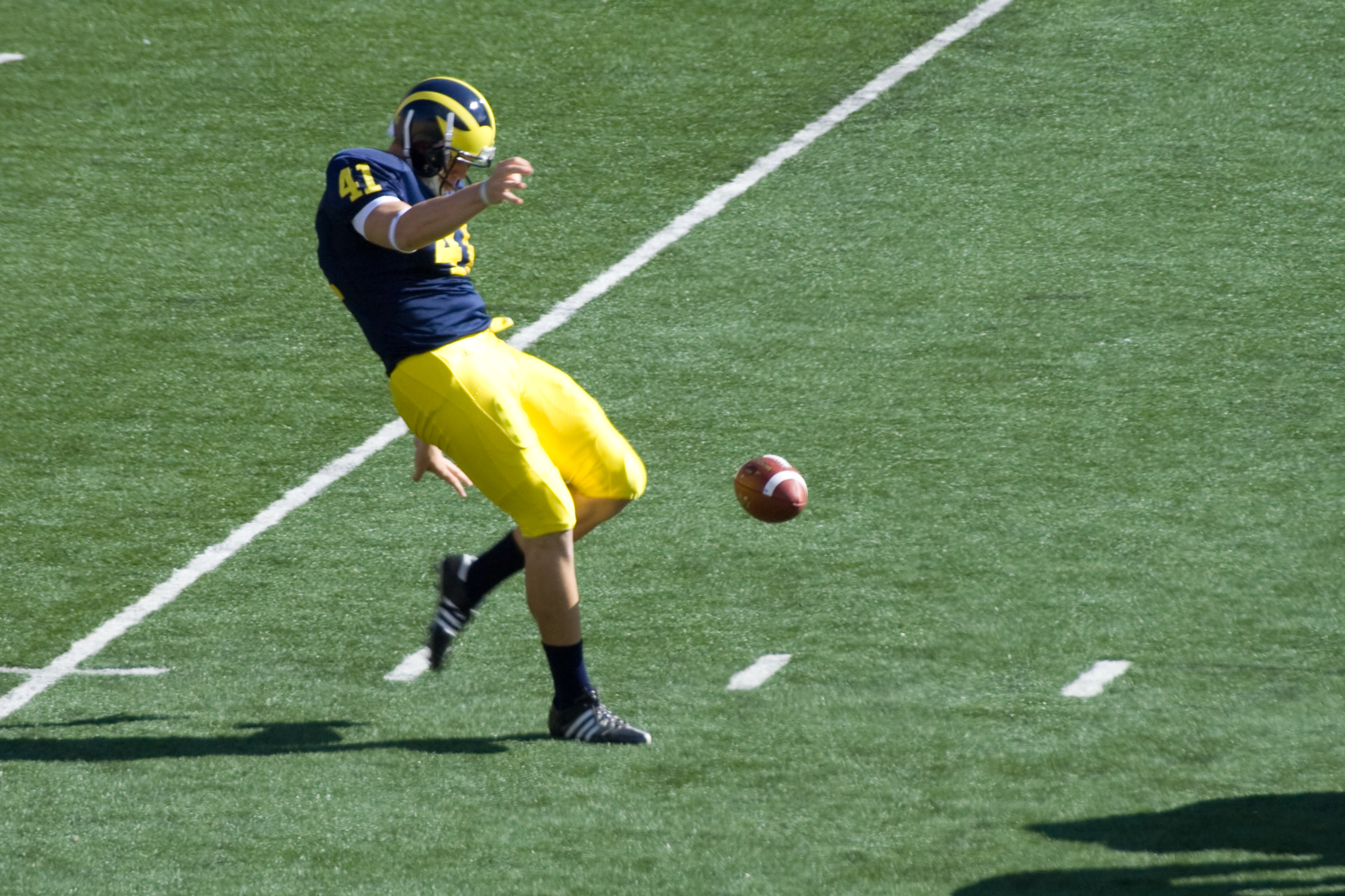It’s late. You just finished a workout or watched the final whistle blow on a tense match. You open your laptop, planning to check scores or scroll through highlight reels. But your browser stops you: “No new tabs allowed after 10 PM.”
Is it broken? Nope. It’s doing exactly what it was designed for—helping you recover.
Welcome to the world of digital well-being, where tech isn’t just about speed and productivity but about balance and health. Like the unpredictable and oddly compelling Chicken cross the Road casino game, this feature challenges how we think about entertainment and habits. But instead of engaging you, it pulls you away. And that might be exactly what your body—and mind—needs.
Why Athletes (and Fans) Might Benefit
Whether you're a professional athlete, weekend runner, or just a die-hard sports fan, your recovery time matters. Late-night browsing means blue light exposure, mental stimulation, and less quality sleep. That means slower recovery, poor performance, and more stress.
New browser tools that block or limit tabs after hours are a simple way to reinforce healthy routines. Think of them as the digital equivalent of a coach saying, "Time to hit the showers."
How It Works
The idea is simple: no new tabs after a set time. But the methods vary:
- Curfew mode: You set a time (like 10 PM), and the browser won’t open new tabs afterward.
- Gentle reminders: A pop-up tells you to rest but still lets you continue—if you insist.
- Hard stop: Full lockdown on new browsing.
- Exceptions list: You can still open necessary tabs like training logs or nutrition plans.
The goal isn’t to punish—it’s to help you prioritize rest. And when you control the settings, it feels like a personal performance plan.
Are There Downsides?
Definitely. No system is flawless—especially when it messes with something as personal as your habits.
At first, it might feel intrusive. If the restriction wasn’t your idea, it can come across as controlling. You reach for a new tab, and the browser stops you. That’s not always a welcome surprise after a long day.
Flexibility is also key. What if you're analyzing a match replay late at night? Or checking in on a teammate's stats or recovery progress? A rigid cut-off might block useful activities alongside the distractions.
And let’s face it—if you really want to keep browsing, you’ll find a way. Another browser. Another device. A workaround. Digital barriers aren’t exactly bulletproof.
Another issue? Everyone’s rhythm is different. A swimmer who trains at dawn might need strict limits by 9 PM, while a sports journalist covering West Coast games could be peaking at midnight. One-size-fits-all rules don’t fit athletes’ diverse schedules.
But here’s the thing: the value isn’t in the limit itself. It’s in the signal it sends. It nudges you to notice your behavior. It helps you ask: “Do I really need to be online right now?”
And that’s a powerful step toward healthier routines.

How to Try It for Yourself
Thinking about testing this kind of system? It’s simpler than it sounds—and totally customizable.
- Choose a tool that fits your setup. Most browsers support time-based extensions or settings.
- Set a limit that matches your daily flow. If your evenings are packed with training or family time, give yourself a gentle shutdown window.
- Create an exceptions list for things that actually matter—your training dashboard, health tracker, or even your match schedule.
- Give it a week. Track how it changes your behavior. Notice if your sleep improves, or if you feel more present.
- Tweak as needed. It’s not a test you can fail—it’s feedback you can use.
You’re not giving up control. You’re taking it back from endless tabs and rabbit holes.
Why It Matters in Sports
In high-performance environments, marginal gains matter. You spend hours improving form, nutrition, strategy—why not tighten your digital habits too?
Late-night scrolling eats away at sleep, steals focus, and clouds recovery. A browser that steps in—even gently—can reinforce the same discipline you bring to the field.
It’s not about being rigid. It’s about protecting your energy. Knowing when to rest is just as important as knowing when to push.
Final Whistle
Sometimes the most powerful training tools don’t involve reps or stats—they involve boundaries.
When your screen says, “That’s enough for today,” it’s not shutting you down. It’s setting you up. For better sleep. For clearer thinking. For being more present—both in sport and in life.
You don’t have to be perfect. But even one less tab tonight might be the quiet win you didn’t know you needed.


.jpg)

